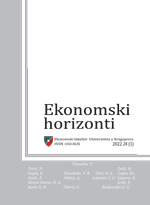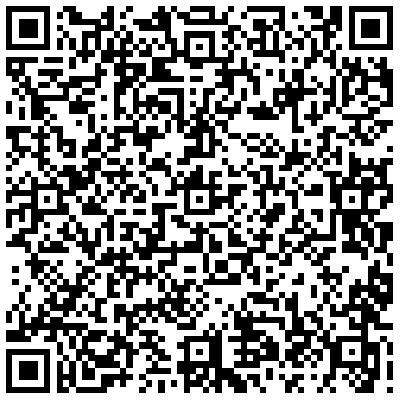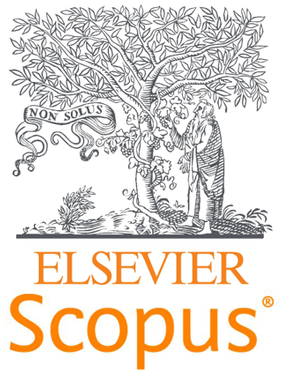An assessment of the conceptual linkages between the qualitative characteristics of useful financial information and ethical behavior within informal institutions
Ebiaghan Orits Frank
Faculty of the Social Sciences, Delta State University, Abraka, Nigeria
This research is aimed at assessing the conceptual linkages between the qualitative characteristics of useful financial information defined by the International Accounting Standards Board (IASB) and ethical behavior within informal institutions. Derrida’s deconstruction theory was employed to carry out a diagnostic content analysis of the chapter two of the IASB’s 2018 financial reporting conceptual framework. The findings arising from the study reveal salient conceptual linkages between the fundamental (primary) and enhancing (secondary) qualitative characteristics and biblical ethical constructs, such as objectivity, equity/fairness, accuracy, neutrality, humility, trust, honesty, responsibility, open accountability, public trust, discipline and diligence. Consequently, the study recommends the inclusion and teaching of these ethical constructs in the curricula of tertiary and professional accountancy programs so as to churn out intellectually sound and morally balanced accounting professionals, who will prepare and present decision-useful financial statements with a high sense of moral and ethical responsibility.
Keywords: accounting information, The Bible, ethical behavior, IASB2018 Conceptual Framework, qualitative characteristics
JEL Classification: M400, M410




